
Chinese herbal medicine often treats men's infertility with two herbs, astragalus and epimedium. Better known as an immune stimulant, astragalus contains compounds that stimulate sperm motility, helping sperm "swim" further past the cervical mucus into the uterus. Epimedium, better known as an aphrodisiac, stimulates the production of seminal fluid. Neither herb should be used for more than three months at a time, since the response of the male reproductive tract to these herbs decreases over time. Men who have had chemotherapy are sometimes treated with a Chinese herbal formula better known by its Japanese name, hochu-ekki-to. This formula is well known in Japan as a method of increasing sperm count in men who have been treated for cancer with the drug Bleomycin. It is also used to treat a variety of conditions that cause inflammation of the testicles.
The best known Chinese herb for women's infertility is dong quai. Used by itself, dong quai is mostly recommended for treating hot flashes in menopause. Combined with peony and other herbs, however, dong quai is used to lower estrogen levels. Decreasing estrogen during the first half of the menstrual cycle reduces the growth of endometrial tissues that may block ovulation or that may make the lining of the uterus too "rough" to receive the fertilized egg. Dong Quai and Peony Formula also reduces testosterone levels that may be problematic in polycystic ovarian syndrome with or without cysts in the ovaries, also known as PCOS. Other formulas easiest to obtain from a practitioner of Traditional Chinese Medicine include:
Cinnamon Twig and Poria Pill increases bloodstream concentrations of estrodiol, follicle stimulating hormone (FSH), and luteinizing hormone (LH), and also helps the uterus prepare for implantation during the first half of the menstrual period. Peony and Licorice Decoction is sometimes used to treat ovarian cysts whether or not they are caused by PCOS. It increases the ratio of estrogen and testosterone to both FSH and LH. Warm the Menses Decoction is a traditional remedy for bleeding between periods and also for normalizing the length of the menstrual period.

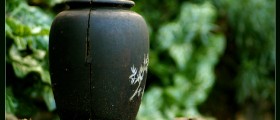



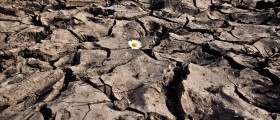
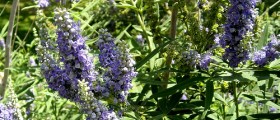
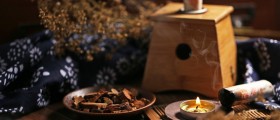
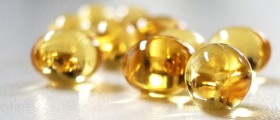
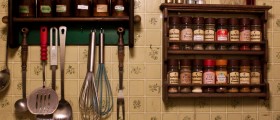
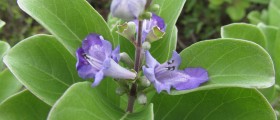
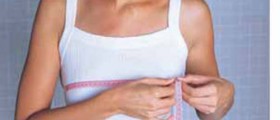
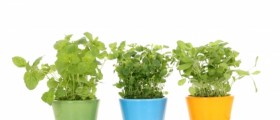

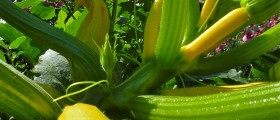

Your thoughts on this
Loading...